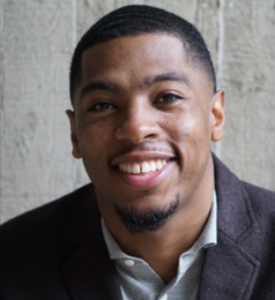


Using the life of famed educator and historian Carter G. Professor Givens offers the term “fugitive pedagogy” to characterize African Americans’ subversive traditions of teaching and learning from the slavery era through Jim Crow. Forged in slavery, embodied by Woodson, this tradition of escape remains essential for teachers and students today.Click to enlarge (pdf) “The Fugitive Life of Black Teaching: A History of Pedagogy and Power”Īssistant Professor of Education and Faculty Affiliate, African & African American Studies Teachers, students, families, and communities worked together, using Woodson’s materials and methods as they fought for power in schools and continued the work of fugitive pedagogy. Fugitive Pedagogy chronicles Woodson’s efforts to fight against the “mis-education of the Negro” by helping teachers and students to see themselves and their mission as set apart from an anti-Black world. Givens shows that Woodson succeeded because of the world of Black teachers to which he belonged: Woodson’s first teachers were his formerly enslaved uncles he himself taught for nearly thirty years and he spent his life partnering with educators to transform the lives of Black students.

Woodson-groundbreaking historian, founder of Black History Month, and legendary educator under Jim Crow. There is perhaps no better exemplar of this heritage than Carter G. From slavery through the Jim Crow era, Black people passed down this educational heritage. Teachers developed covert instructional strategies, creative responses to the persistence of White opposition. The enslaved learned to read in spite of widespread prohibitions newly emancipated people braved the dangers of integrating all-White schools and the hardships of building Black schools. They developed what Jarvis Givens calls a tradition of “fugitive pedagogy”-a theory and practice of Black education in America. African Americans pursued education through clandestine means, often in defiance of law and custom, even under threat of violence. A fresh portrayal of one of the architects of the African American intellectual tradition, whose faith in the subversive power of education will inspire teachers and learners today.īlack education was a subversive act from its inception.


 0 kommentar(er)
0 kommentar(er)
